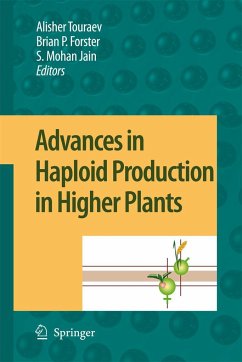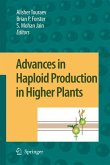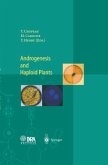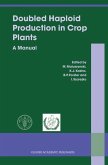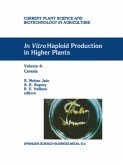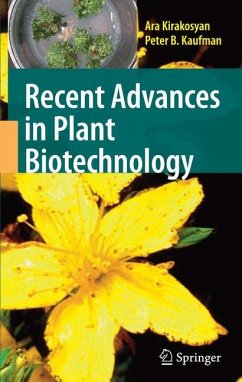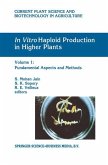The importance of haploids is well known to geneticists and plant breeders. The discovery of anther-derived haploid Datura plants in 1964 initiated great excitement in the plant breeding and genetics communities as it offered shortcuts in producing highly desirable homozygous plants. Unfortunately, the expected revolution was slow to materialise due to problems in extending methods to other species, including genotypic dependence, recalcitrance, slow development of tissue culture technologies and a lack of knowledge of the underlying processes. Recent years have witnessed great strides in the research and application of haploids in higher plants. After a lull in activities, drivers for the resurgence have been: (1) development of effective tissue culture protocols, (2) identification of genes c- trolling embryogenesis, and (3) large scale and wide spread commercial up-take in plant breeding and plant biotechnology arenas. The first major international symposium on "Haploids in Higher Plants" took place in Guelph, Canada in 1974. At that time there was much excitement about the potential benefits, but in his opening address Sir Ralph Riley offered the following words of caution: "I believe that it is quite likely that haploid research will contr- ute cultivars to agriculture in several crops in the future. However, the more extreme claims of the enthusiasts for haploid breeding must be treated with proper caution. Plant breeding is subject from time to time to sweeping claims from ent- siastic proponents of new procedures.
From the reviews:
"The book has twenty-eight chapters compiled by international authors, many of whom have a wealth of experience because of their long involvement in this field of research. ... The volume is highly recommended as an addition to any library. It will be a very valuable source of information for personnel involved in research and teaching in academia, and for persons with a more 'industrial' bias." (M. R. Davey, Annals of Botany, Vol. 104 (7), 2009)
"This volume ... attempts to give a broad overview of this wide topic, and also presents some recent findings and concepts. ... No doubt any researcher in haploid production would find this a very valuable source of information ... and drawing on the expertise of many of the acknowledged leaders in this area of science. For a general reader, there is a wide range of chapters, encompassing useful subjects such as patents and haploids, and in many cases providing a wealth of information ... ." (Steve Millam, Experimental Agriculture, Vol. 46 (1), 2009)
"The book has twenty-eight chapters compiled by international authors, many of whom have a wealth of experience because of their long involvement in this field of research. ... The volume is highly recommended as an addition to any library. It will be a very valuable source of information for personnel involved in research and teaching in academia, and for persons with a more 'industrial' bias." (M. R. Davey, Annals of Botany, Vol. 104 (7), 2009)
"This volume ... attempts to give a broad overview of this wide topic, and also presents some recent findings and concepts. ... No doubt any researcher in haploid production would find this a very valuable source of information ... and drawing on the expertise of many of the acknowledged leaders in this area of science. For a general reader, there is a wide range of chapters, encompassing useful subjects such as patents and haploids, and in many cases providing a wealth of information ... ." (Steve Millam, Experimental Agriculture, Vol. 46 (1), 2009)

